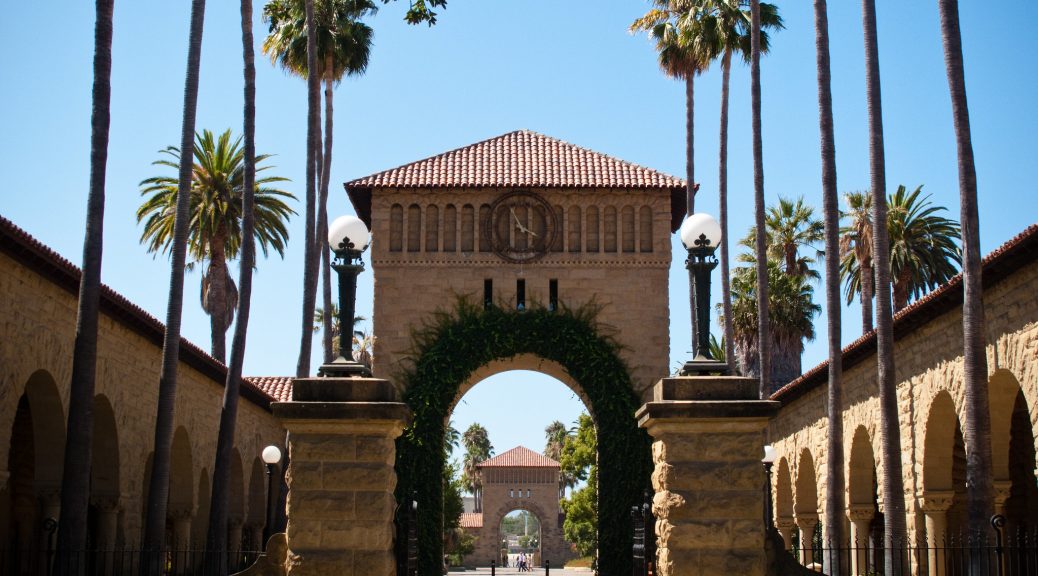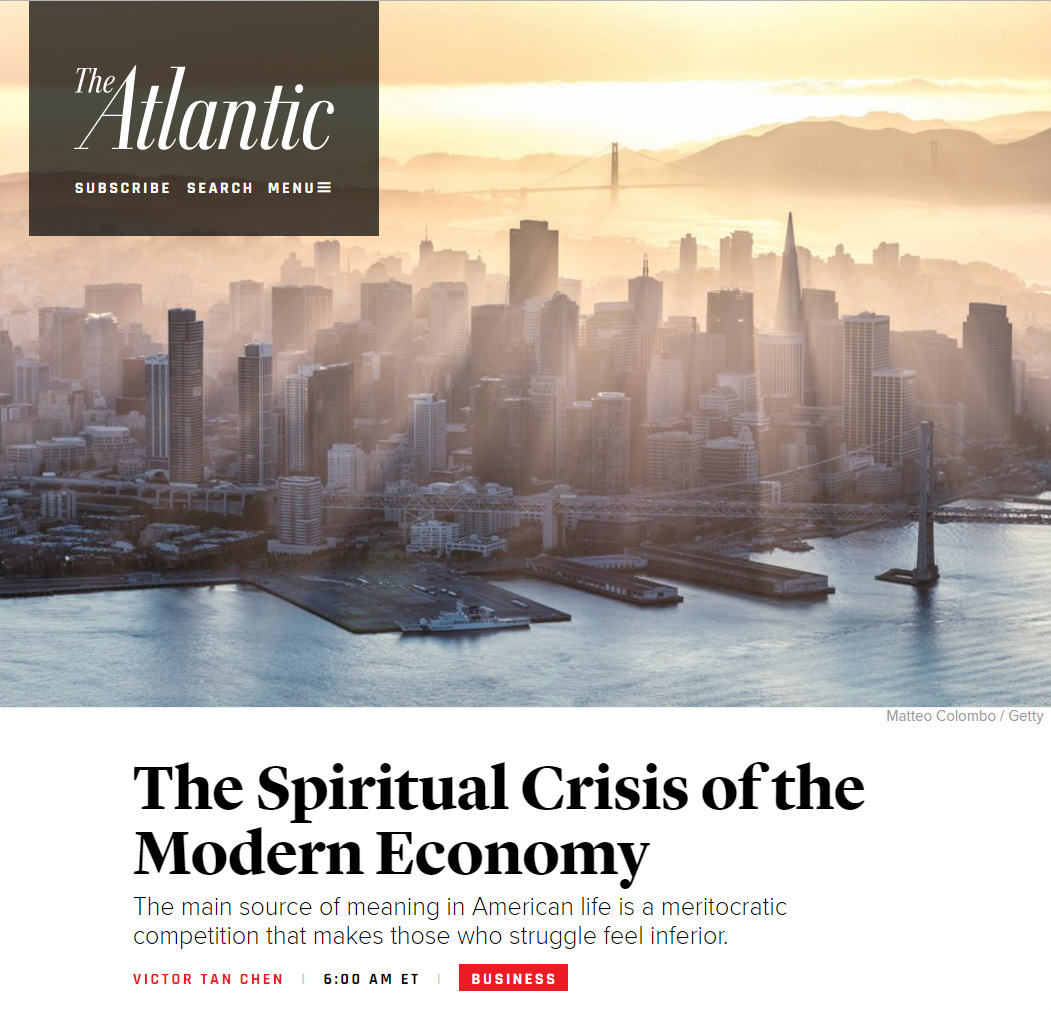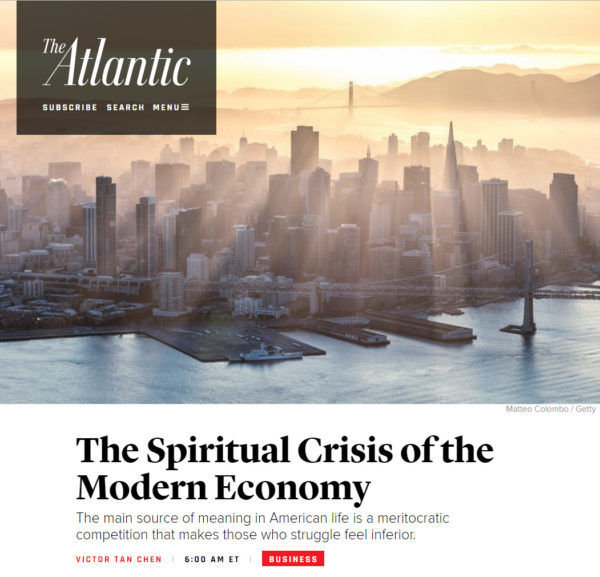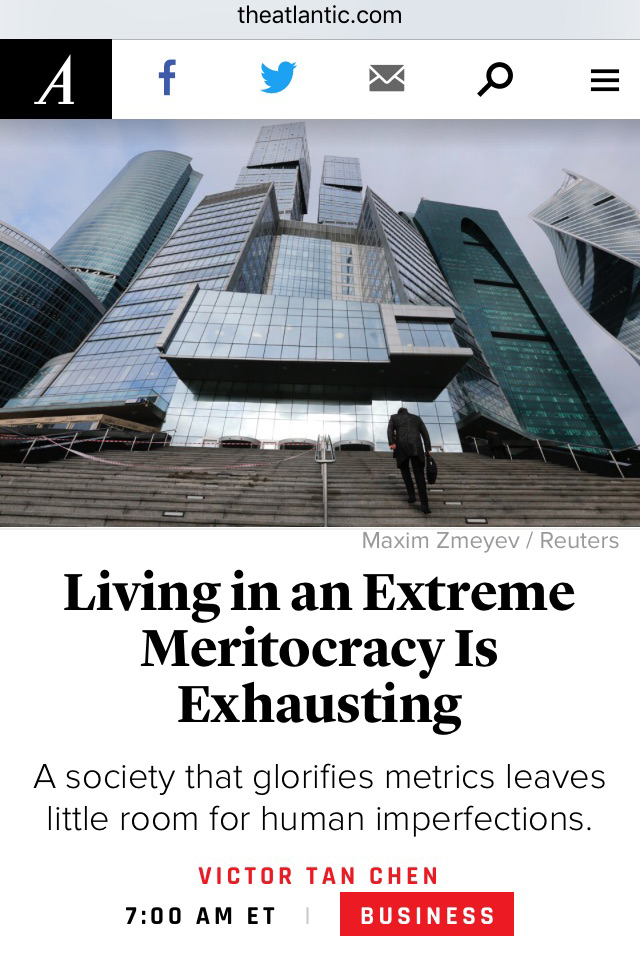The college admissions scandal that implicated Hollywood stars and other wealthy parents produced its first convictions in September, with actor Felicity Huffman among the growing list of those sentenced to prison time for engaging in bribery and fraud to get their children into a selective college (though in Huffman’s case for a short term of fourteen days). The nature of this scandal—which involved FBI wiretaps, paid-off SAT proctors, and even doctored photos of students playing sports—turned an intense media spotlight on the spectacularly unethical behavior of certain well-off families. But the scandal is a symptom of a much deeper problem in modern American life: widening income inequality and the destructive competition it engenders across the class divide.
When income inequality rises, the stakes of the economic game rise. Where children end up along a steep gradient of academic achievement matters all the more for their chances later in life. For example, in 2018, edging your way into the top 5 percent of earners would have made your household $119,000 richer than one that had just made it into the top 20 percent; back in 1978, that difference was just $56,000 in inflation-adjusted dollars. Because every step up the ladder pays off more, parents feel greater pressure to do all they can to improve their kids’ prospects. The payoff for cheating grows, too—even elaborate frauds of the sort that William Rick Singer and his team allegedly perpetrated to get his high-profile clients’ kids into Stanford, Yale, the University of Southern California, and other schools. (Singer, who pleaded guilty to fraud and a host of other criminal charges in March, admitted to bribing university administrators and colluding with wealthy parents to secure admission for their children.)
Beyond the ranks of celebrities and the elite, economic anxieties abound. It has become commonplace to observe that children from middle-class families are less likely to achieve a better standard of living than their parents. And as those chances dwindle, a greater burden falls on children and their parents to ensure their future success.
Continue reading Meritocracy’s Casualties
Victor Tan Chen Victor Tan Chen is In The Fray's editor in chief and the author of Cut Loose: Jobless and Hopeless in an Unfair Economy. Site: victortanchen.com | Facebook | Twitter: @victortanchen
- Follow us on Twitter: @inthefray
- Comment on stories or like us on Facebook
- Subscribe to our free email newsletter
- Send us your writing, photography, or artwork
- Republish our Creative Commons-licensed content



 I’ve
I’ve 

